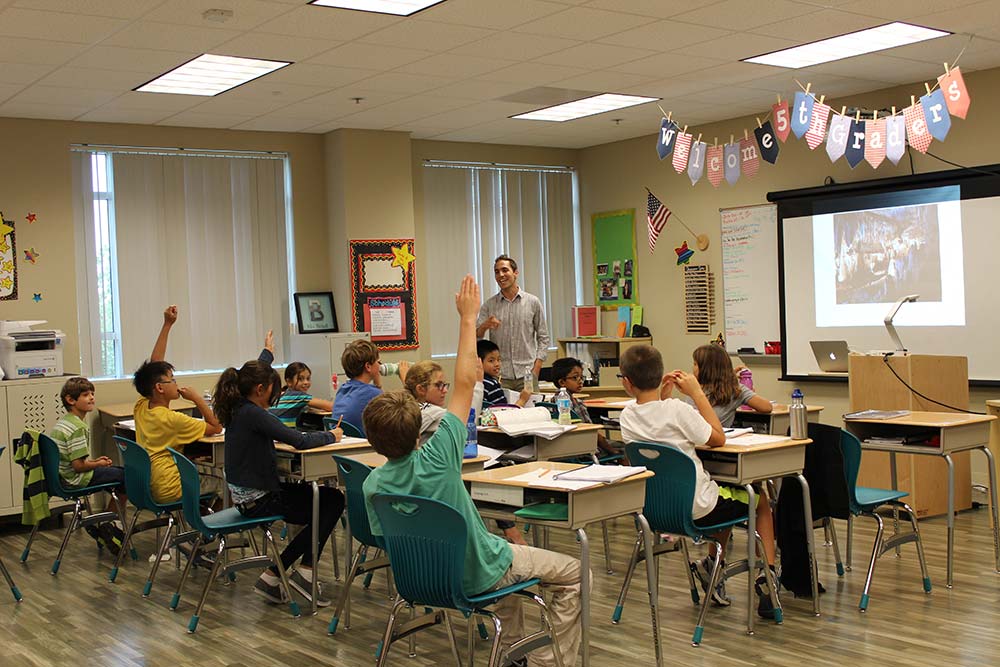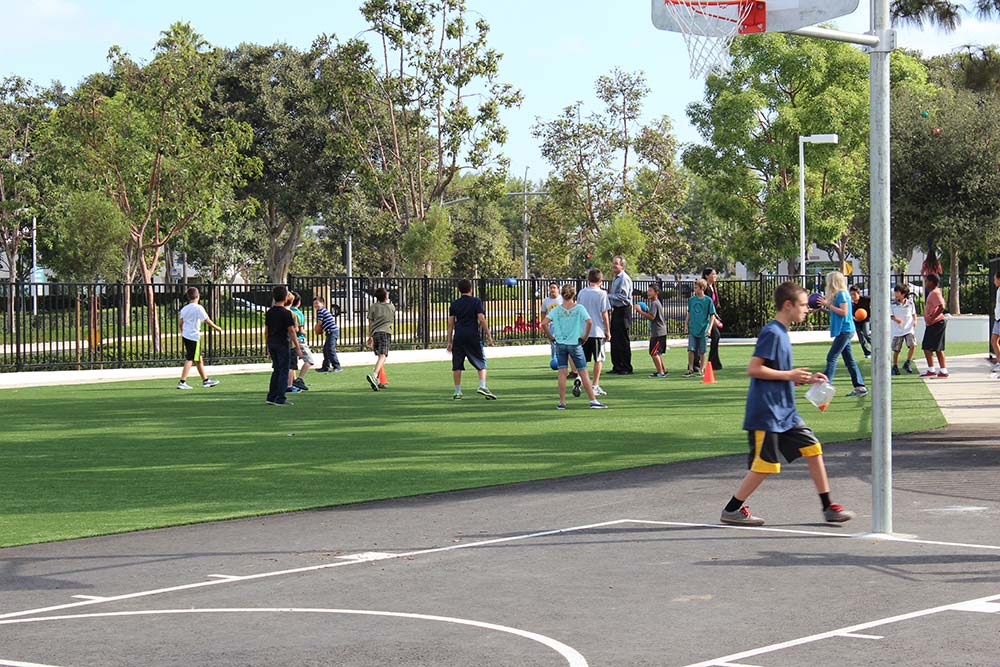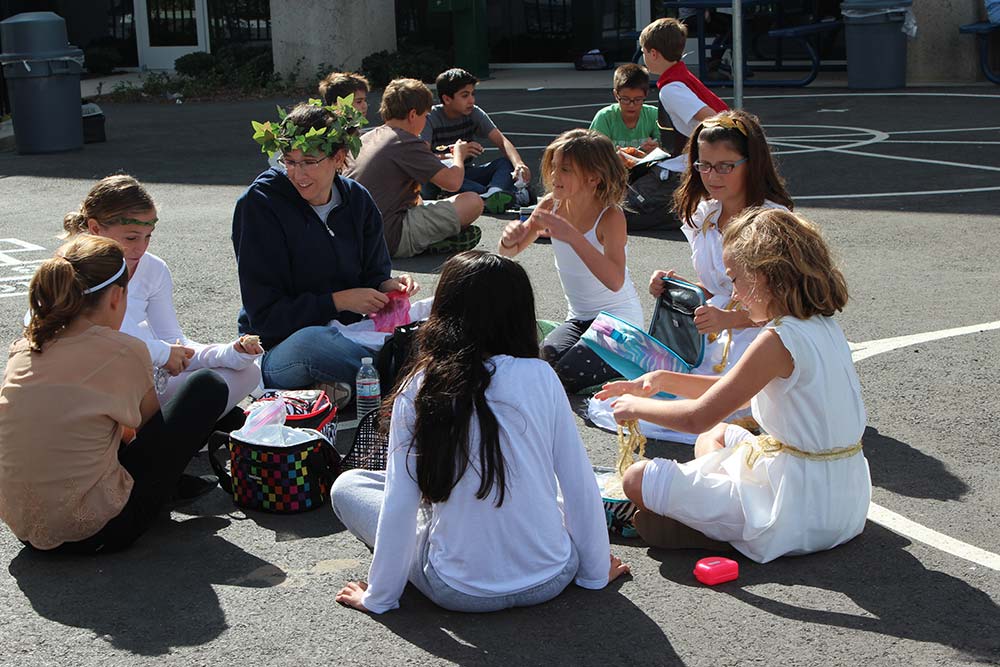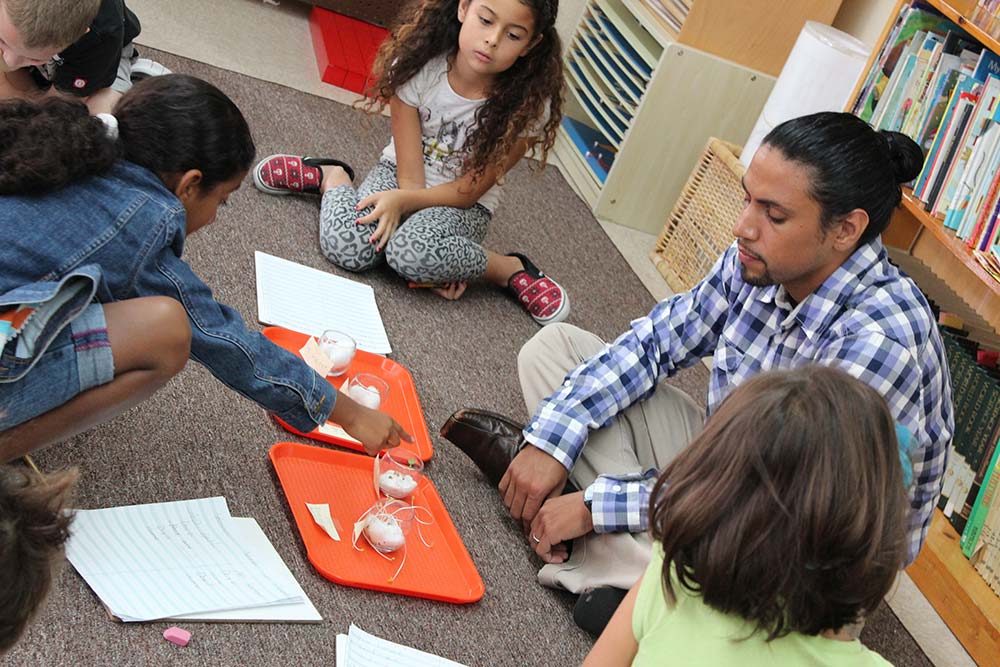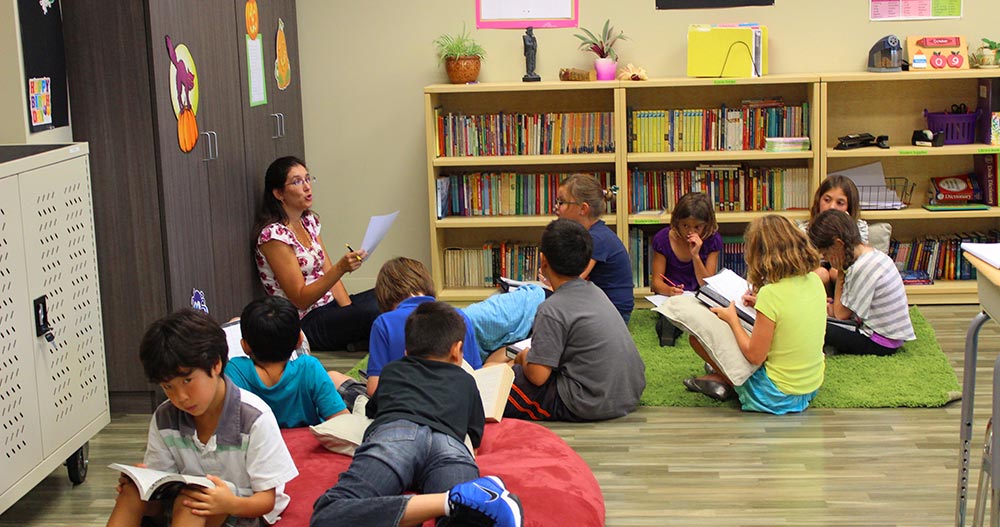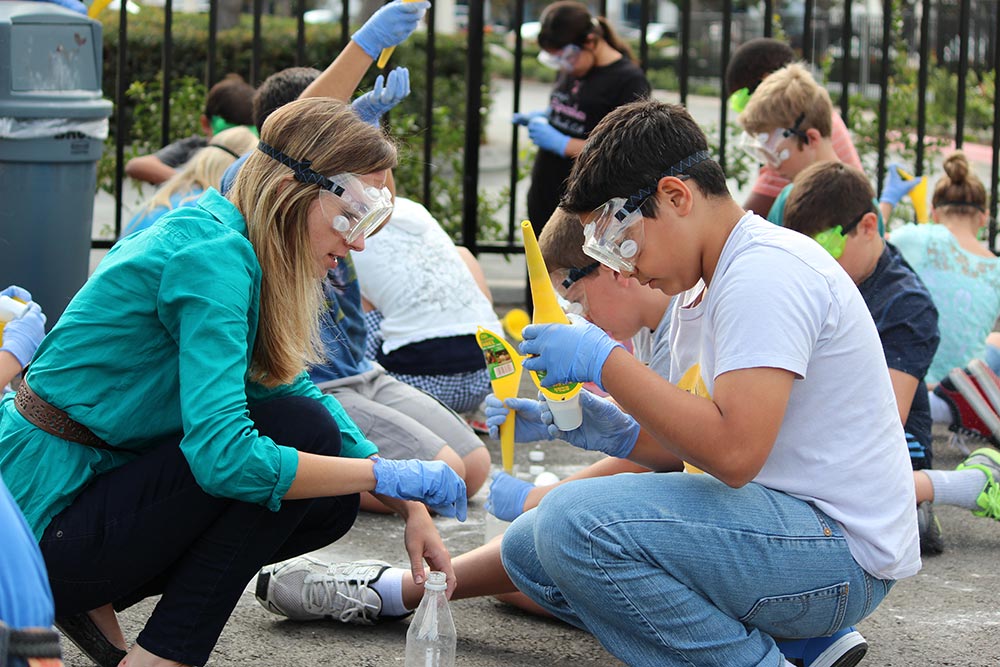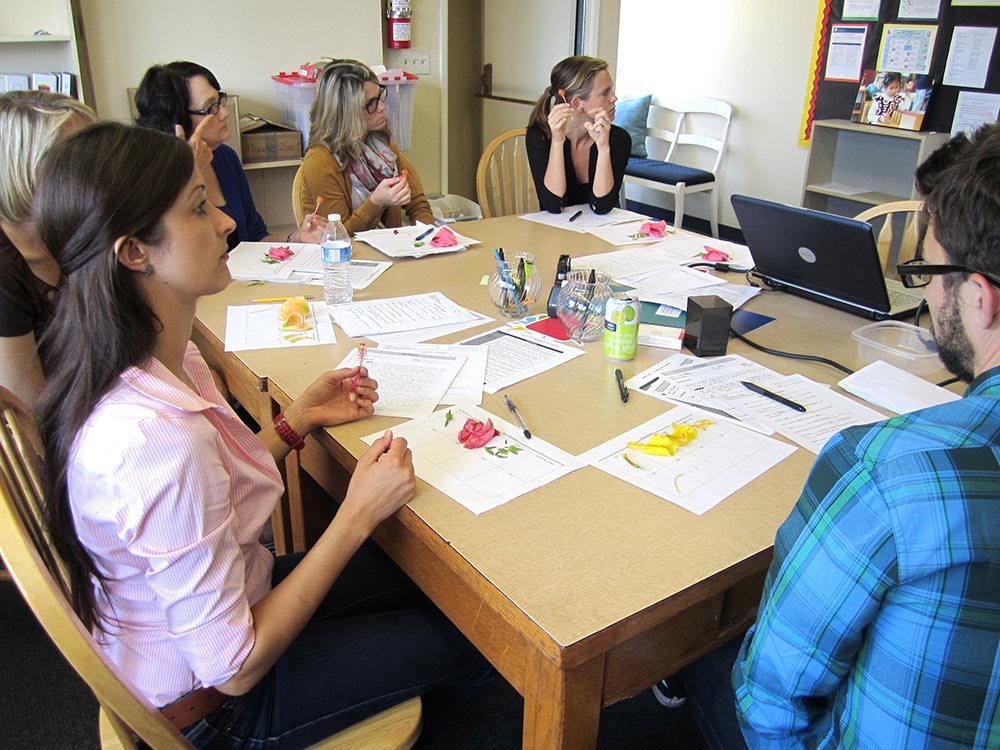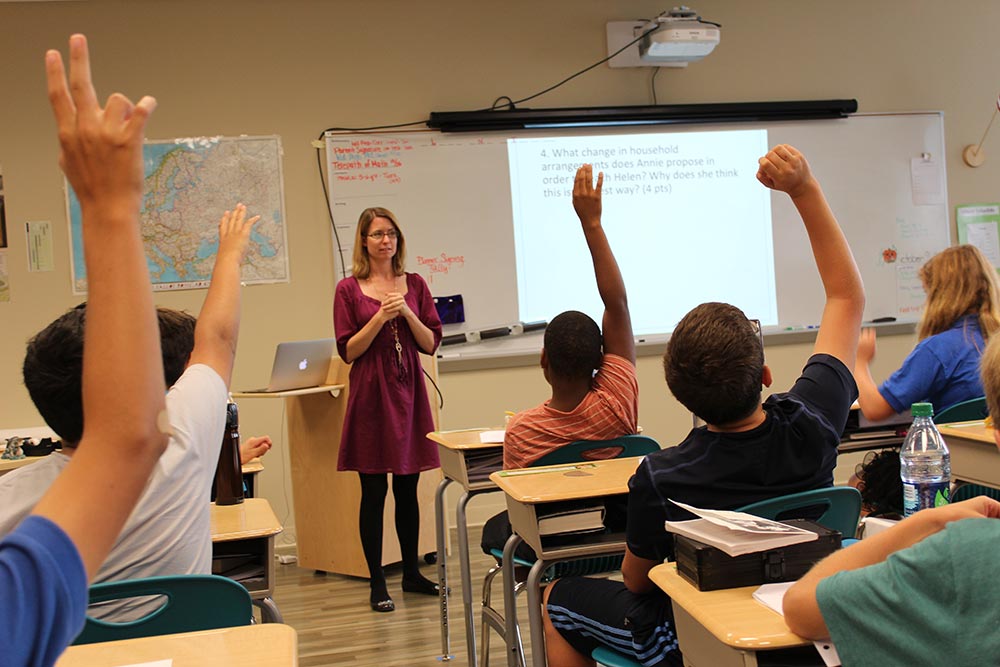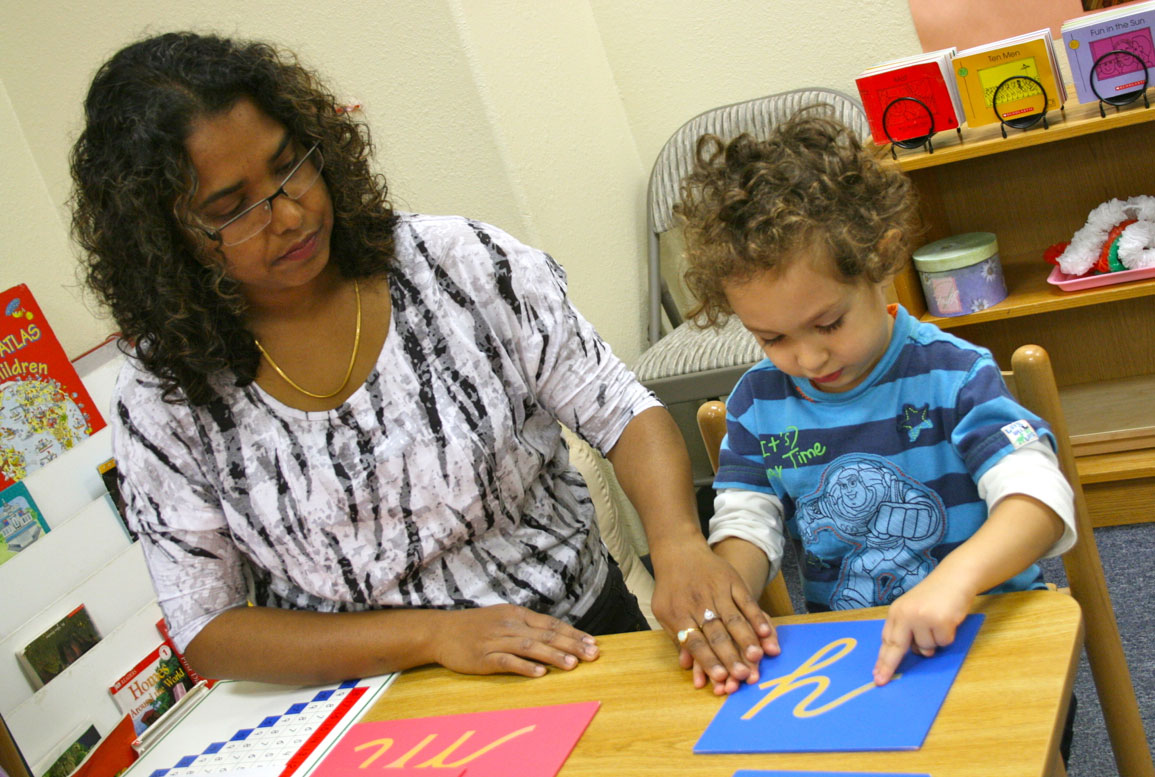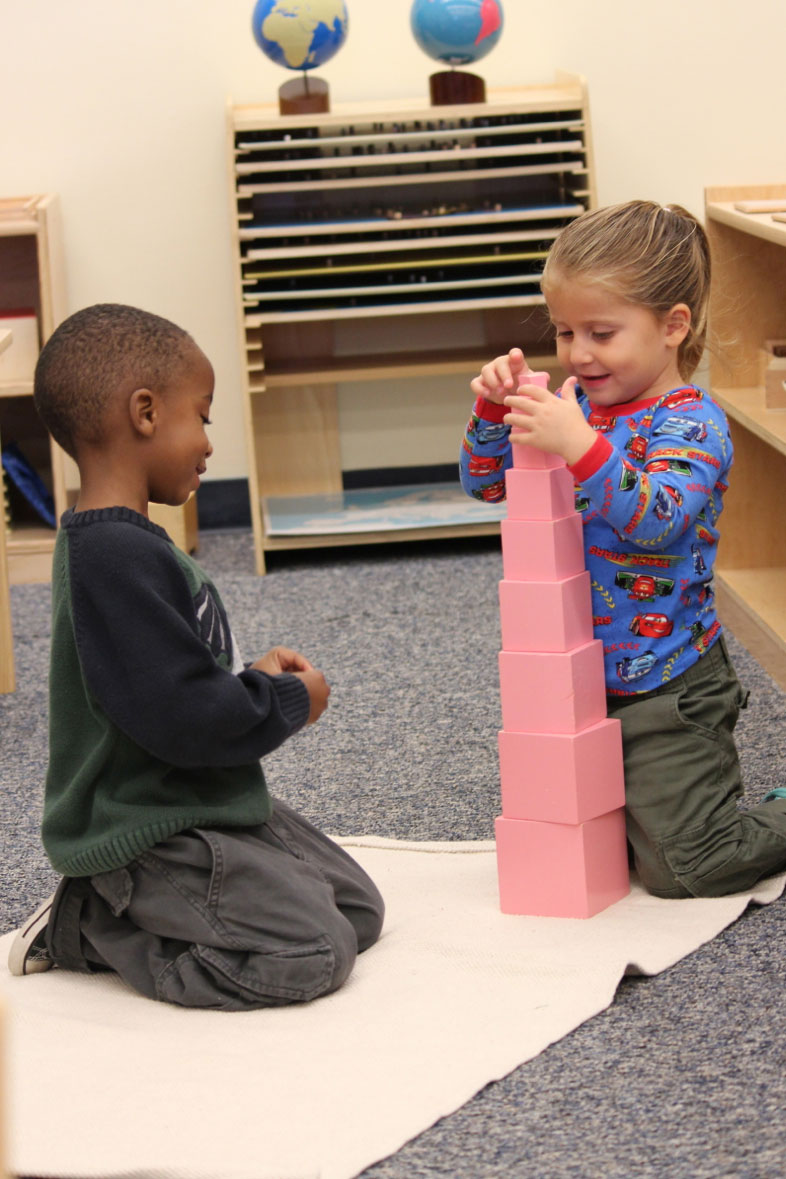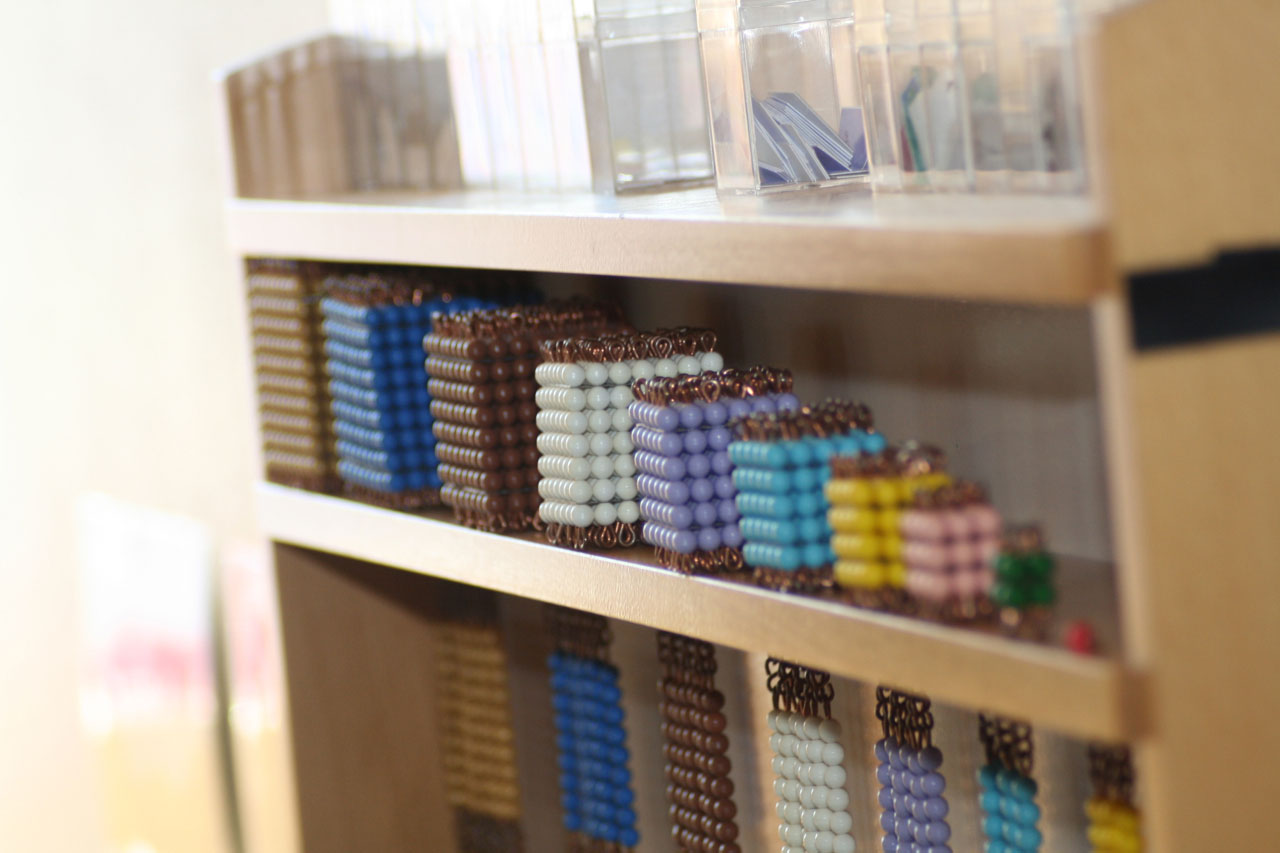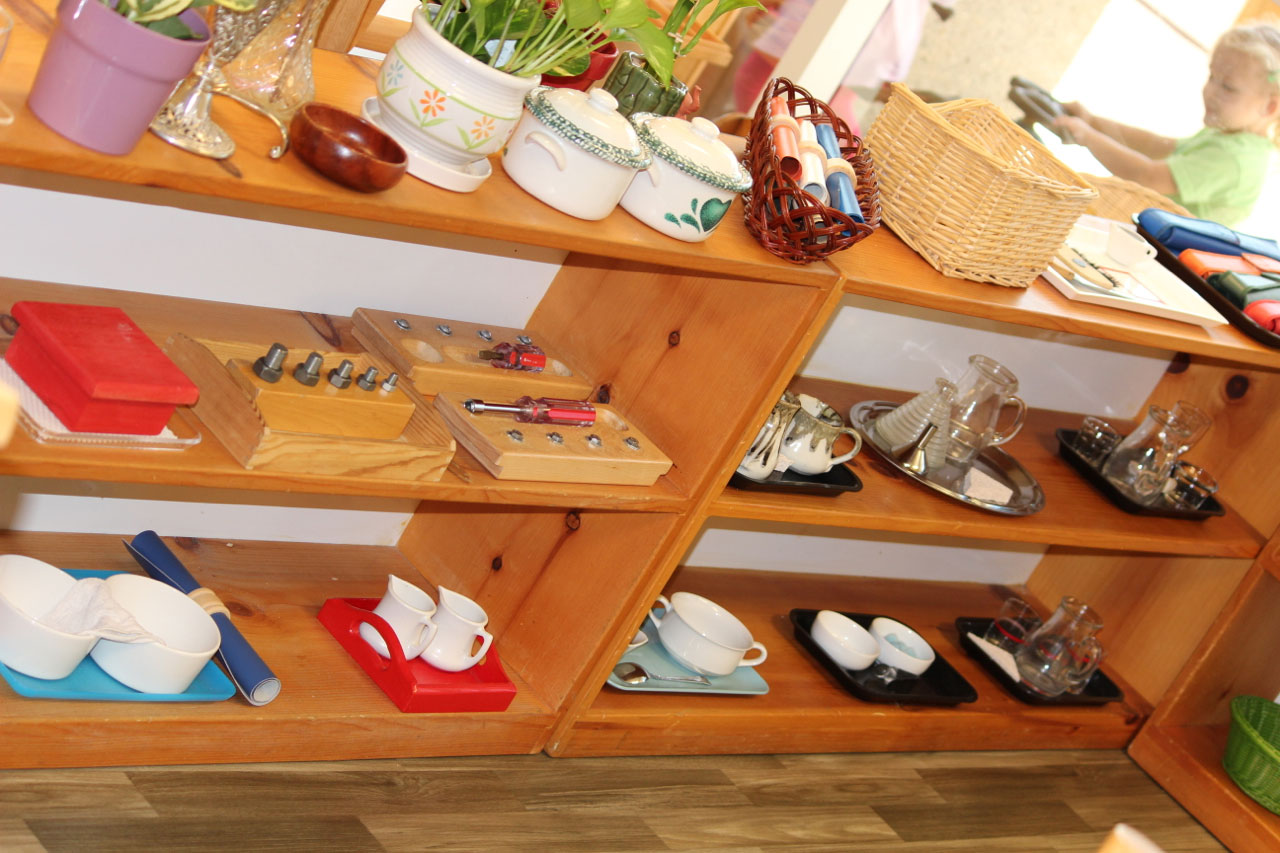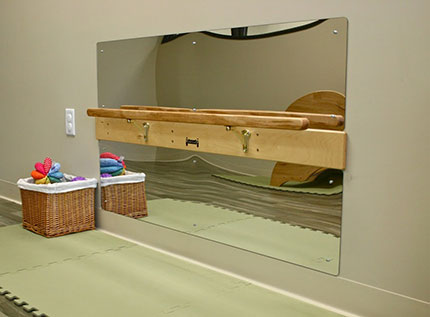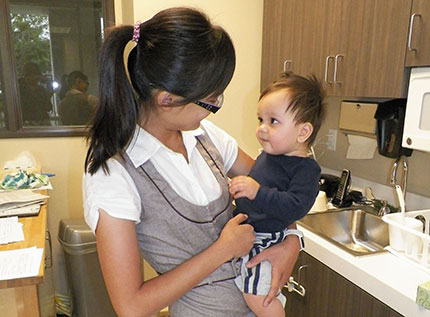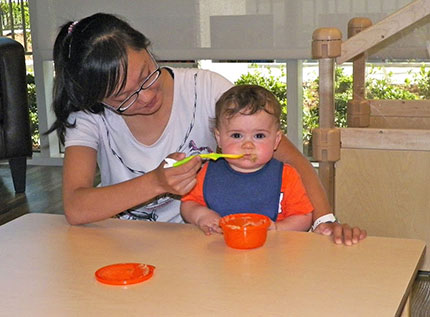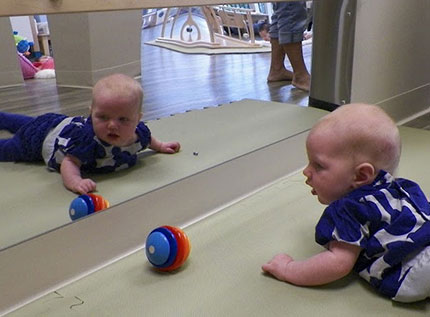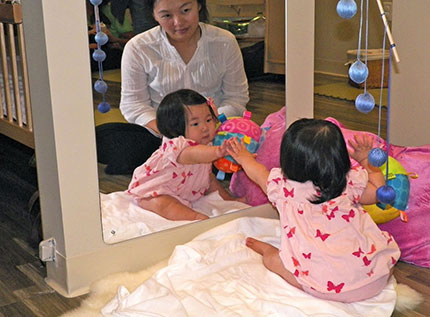“The Red Coats Are Coming”: Visualizing and Feeling in Teaching
At LePort, we are always looking to improve ourselves as educators. And that means documenting and learning from each other’s ideas about great teaching practices. Over the years we’ve come to see that a major facet of great teachers is their ability to cultivate strong imaginations in their students and elicit even stronger emotions. Below is an internal paper written for our teachers on a related pedagogical tactic we employ daily. It is called visualization, and it is just one element of our experiential approach to education.

Internal Paper: Experiential Teaching
Everybody has heard the line “The Red Coats are coming”, usually at some point in elementary school. But how many of us can see and feel it? How many have a rich visual scene in their heads, with a real emotional connection to go with it?
Too often in school all we hear is words. Disconnected, uninteresting, non-visualized words. At LePort we know that words matter, and we revere them, because they are the means by which we grasp and communicate knowledge. But we also know that for words to actually represent knowledge students must understand them.
An important method by which we ensure that words are understood, that our students connect what we’re talking about with their own personal context, is visualization – the eliciting of images in a individual’s mind. This tactic allows students to see what we’re teaching and to feel the emotional connection that comes only from experiential learning, ultimately making knowledge a student’s own.
To illustrate this idea, let’s travel back in time to our own elementary school, to our 5th-grade History (or Social Studies) class, when most of us first heard the “Red Coats” phrase. But on this occasion, let’s give the presentation the visuals and feeling it deserves, let’s make it a LePort style lesson:
Transport yourself to a cabin in early Colonial times (you know, homespun clothes, dirty hands, farm life). You’re ten, and you’re sitting in the living room around a fireplace reading. Above the fireplace, as in most homes of the time, sits a musket. Your dad is there, maybe a brother or sister if you have one. Mom’s out somewhere, don’t know where. Each of you are enjoying a book, you an exciting novel, though you’re a little tense because you’ve heard that British troops – Red Coats – have landed in your town and are abusing locals, some of whom are your friends’ parents. But the presence of the troops is still not fully real. It is still merely a news story to you.
You’re just reaching the climax of your novel, and your mind is now completely absorbed in your book. All of a sudden you hear shouting from outside the door. The voices are garbled at first, but then you make out the words. “The Red Coats are coming! The Red Coats are coming!!” Your eyes immediately shoot to the fireplace, and then to just a few feet up, where your dad’s musket sits. You see the musket as if it’s for the first time. Everything is quiet, motionless; life itself seems to have stopped. Then you remember that your dad is with you, in the living room. You look over to him. He is completely still, so still that his stillness belies what’s occurring within. In his eyes you see the deepest, most serious agitation you have ever seen in a man. One question then immediately comes to your mind: What is dad going to do?
At this point in the lesson, there is not one boy or girl who is really “in” the classroom. Each is in his own mind, living out his own visual story. And each wants to talk about it, to share his feelings. Hell, I want to share my feelings! This is when the teacher would transition to a class discussion – and boy what a discussion it would become.
As teachers, all of us have experienced those special moments when every child, seemingly without exception, is engaged. In this case, the engagement is accomplished through storytelling. But why is this particular story so compelling? I think it’s because it offers the children a visual and emotional experience. When dramatizing this story in class, there are a few actual visuals a teacher would use – a picture of a British troop (a Red Coat) and a video of a musket being shot – but the real visuals come from within the child’s mind, from his capacity and willingness to use his imagination, to turn the teacher’s words into images … to paint his own unique picture of the story.
Our students have such a capacity in them, if we can provide the spark. Through visual and emotional teaching, we gain huge in our efforts to impart knowledge. And that is why I believe whenever we are speaking in class, our intent should be to help kids see and feel what we’re saying. We’ll succeed if we go in with this underlying objective to make words visual, to transform sounds coming from our mouths into the equivalent of experiential knowledge. This applies throughout subject areas, whether we’re teaching a novel, some math formulas, a grammatical concept, or a species of tree. (No doubt this tactic is most challenging in math, but maybe all the more reason to make it a stretch goal!)
So the takeaway here is simple. Whenever we are prepping what we will teach our kids, or whenever we are up in front of the class ready to say a few words, let’s ask ourselves: Will my students be able to see this, will they be able to feel this? The more we can answer “Yes”, the better our classrooms, the better our teaching will be.

